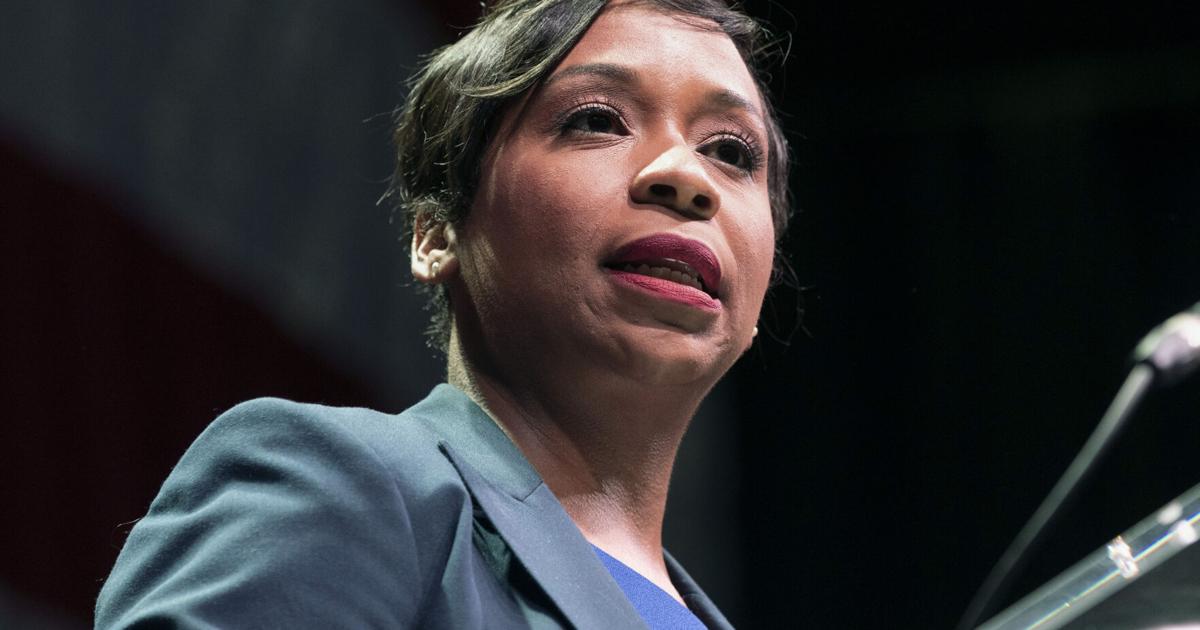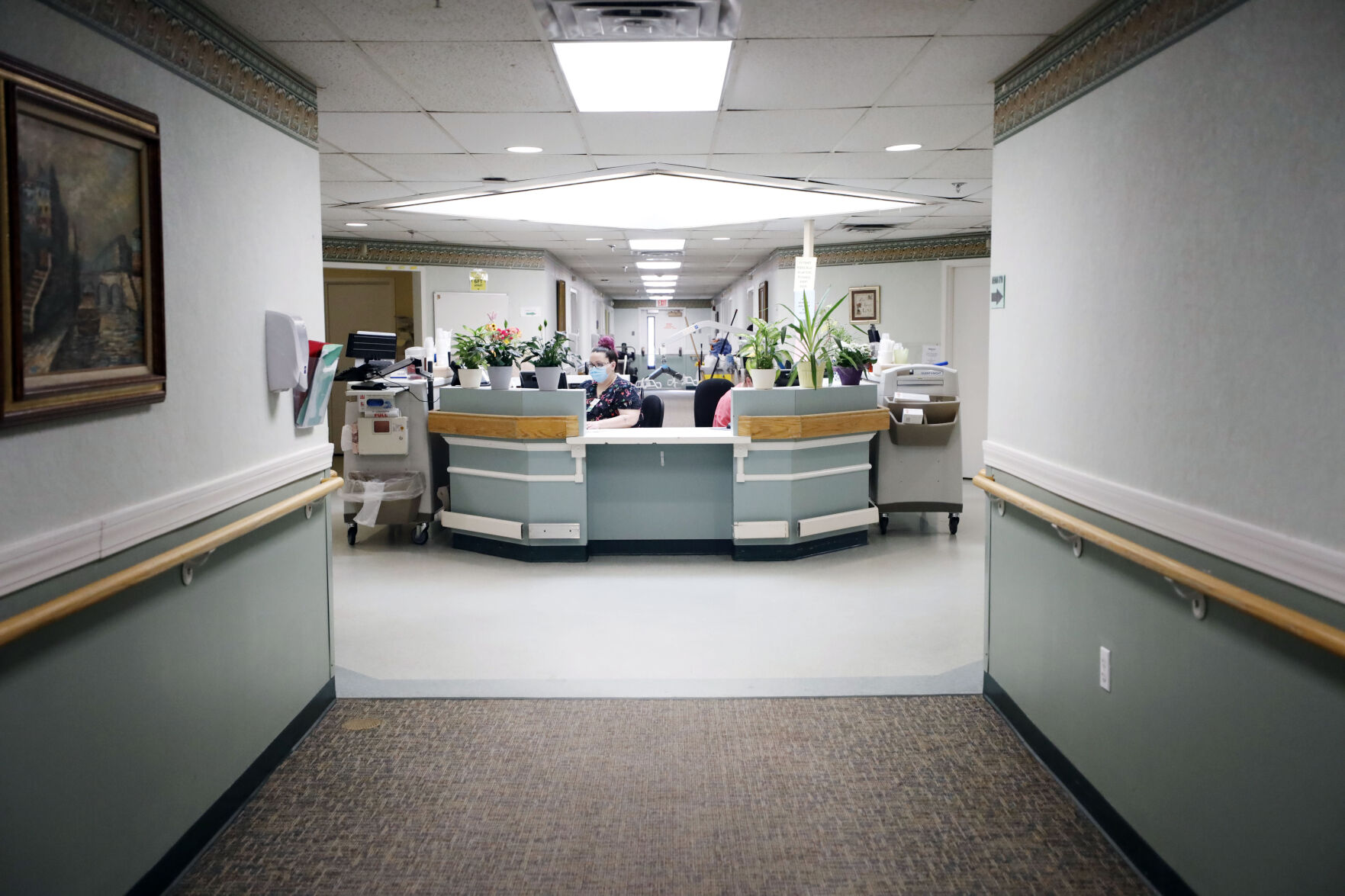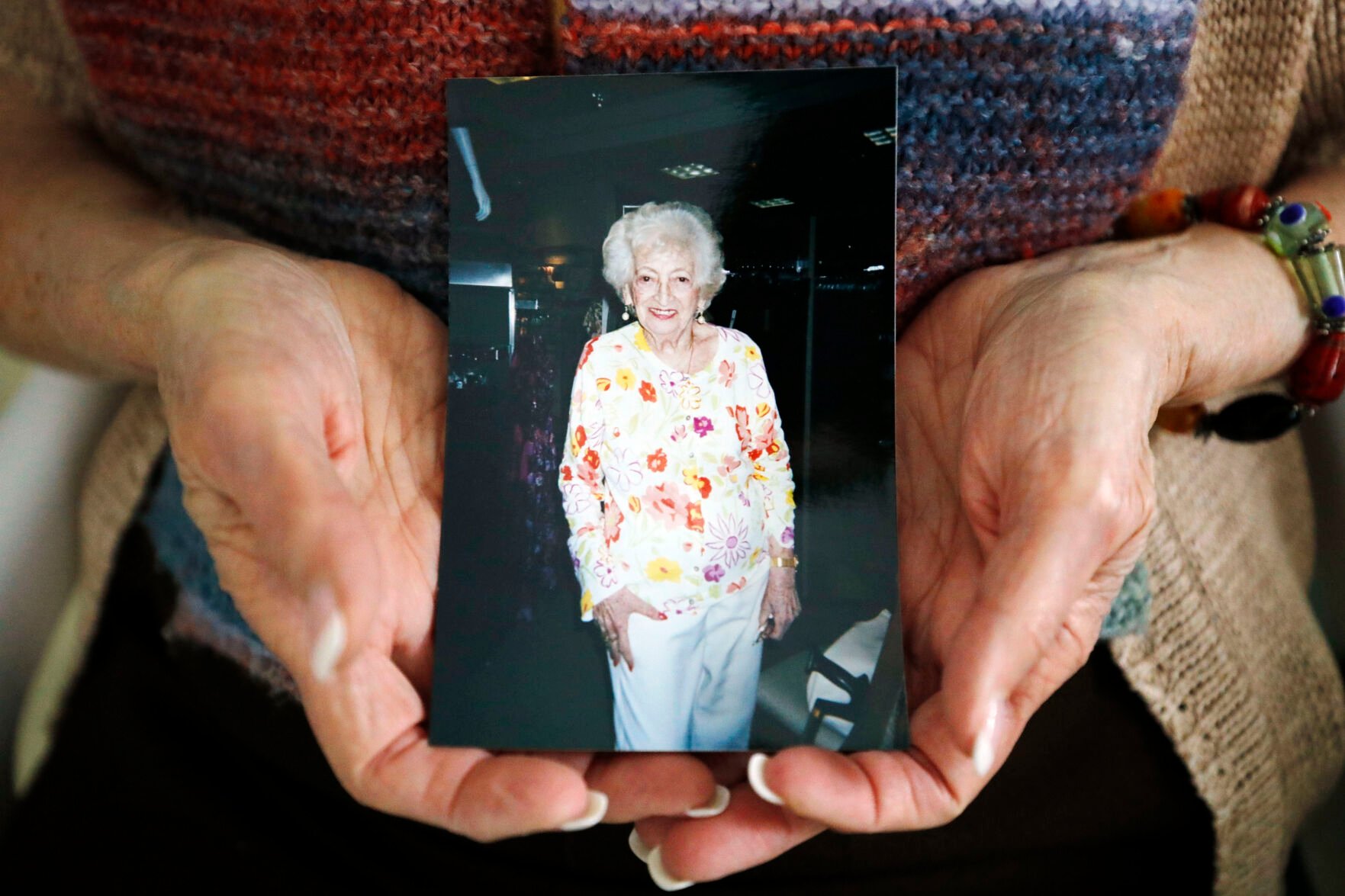
Massachusetts Lawyer Typical Andrea Campbell has joined 17 other attorneys general to assistance a new proposed rule by the Centers for Medicare and Medicaid Products and services to pressure nursing homes to demonstrate all their corporate and ownership buildings. It’s component of a move to crack down on “poor actors” who are profiting though neglecting facility people or furnishing substandard care.
A proposed federal rule that would pressure nursing-dwelling owners to completely disclose their possession buildings is being supported by Massachusetts Attorney Basic Andrea Joy Campbell, 17 other attorneys common as properly as a variety of advocacy groups.
Some in the field are pushing back again on the proposal by the U.S. Centers for Medicare and Medicaid Providers. The rule is intended to boost transparency so regulators can improved do their work amid popular neglect and substandard treatment of nursing-dwelling citizens.
Some reform groups say the rule does not go much enough for in depth transparency.
The Facilities, recognized by the initials CMS, experienced requested for community remark on the proposed rule. Campbell is co-major a coalition of the lawyers normal that last 7 days submitted its opinions to CMS.
In a assertion, Campbell’s office environment described the proposed insurance policies as “common sense” that will assistance attorneys standard and their Medicaid fraud handle units “hold undesirable actors accountable for supplying substandard treatment in nursing facilities.”

The CMS proposal, at the urging of the Biden Administration, would involve nursing residences to disclose ownership details and who the selection-makers are, especially in the circumstances of those owned by private-fairness and authentic-estate-expenditure trusts.
Reports have built a connection among these possession models and lousy outcomes, including an raise in fatalities.
One particular study of non-public-equity possession also discovered “worsening mobility of people, declines in nurse availability per resident, and elevated use of antipsychotic remedies in nursing facilities,” Campbell’s office environment explained.
People and team associates in Berkshire County nursing houses are generally reporting neglect and bad care that can direct to the deterioration of well being or the deaths of residents.

Persistent understaffing that is the root of this kind of problems long predates the pandemic, an Eagle investigation located, but COVID introduced the difficulties to the area.
For every single two folks who died of or with the virus in a nursing residence, one died “prematurely of other causes,” in accordance to a examine cited by Campbell’s business.
Staff members users generally don’t make a dwelling wage, and the crisis has prompted the field, arguing that Medicaid is not covering running costs, to inquire for far more taxpayer dollars this calendar year for pay boosts. The condition has paid nursing houses much more than $300 million in the final two several years.

Reform advocates say the field shouldn’t get a dime more right up until nursing residences thoroughly open up their guides, and do, in section, what CMS is trying to find with its proposed rule.
The murky ownership and administration framework also “hampers and delays law enforcement attempts,” Campbell’s place of work mentioned.
Some executives in the industry say the CMS rule will pile on levels of paperwork and not achieve what it intends, according to an report in Skilled Nursing Information, an market publication.
They also say that the rule is targeting possession types that make up only little percentage of U.S. nursing residences. A study by researchers at Weill Cornell Clinical University published in November of 2021 uncovered that only about 5 p.c of nursing residences have non-public-equity possession, and Mark Parkinson, president and CEO at the American Well being Care Affiliation/Nationwide Heart for Assisted Dwelling, said about 12 p.c of services are owned by true-estate-investment decision trusts.
Parkinson, in a assertion, called the rule’s aim on ownership a “red herring,” and a “distraction from the genuine problems that influence the greater part of companies, like Medicaid underfunding and workforce shortages.”

The American Association for Justice, an advocacy nonprofit and lobby for plaintiff’s lawyers, applauds CMS for the proposal but wants the agency to acquire the rule a move further more. The association needs CMS to pressure nursing-property entrepreneurs to detect their mother or father corporations and clarify the whole ownership structures, between its other suggestions.
Significantly, nursing homes “are owned by entities that develop intricate networks of subsidiaries to take care of their vast holdings,” the association mentioned in a news release, including that the community needs to know accurately exactly where all the billions in taxpayer money is going.









More Stories
State retires its nursing home order — and 2 counties immediately reinstate it
‘Access Crisis Unfolding’: Nursing Home Operators, Advocates Warn of Dire Effects from Biden’s Order on Staffing
Nursing home staffers aren’t getting a living wage, and needed beds are empty. The industry wants taxpayers to help | Local News